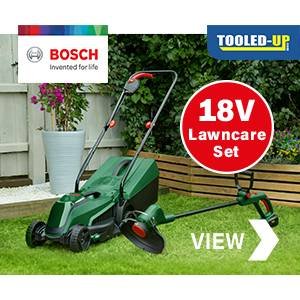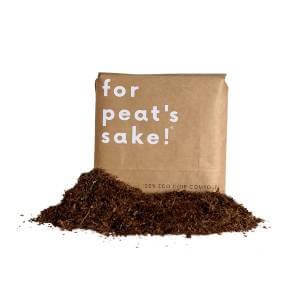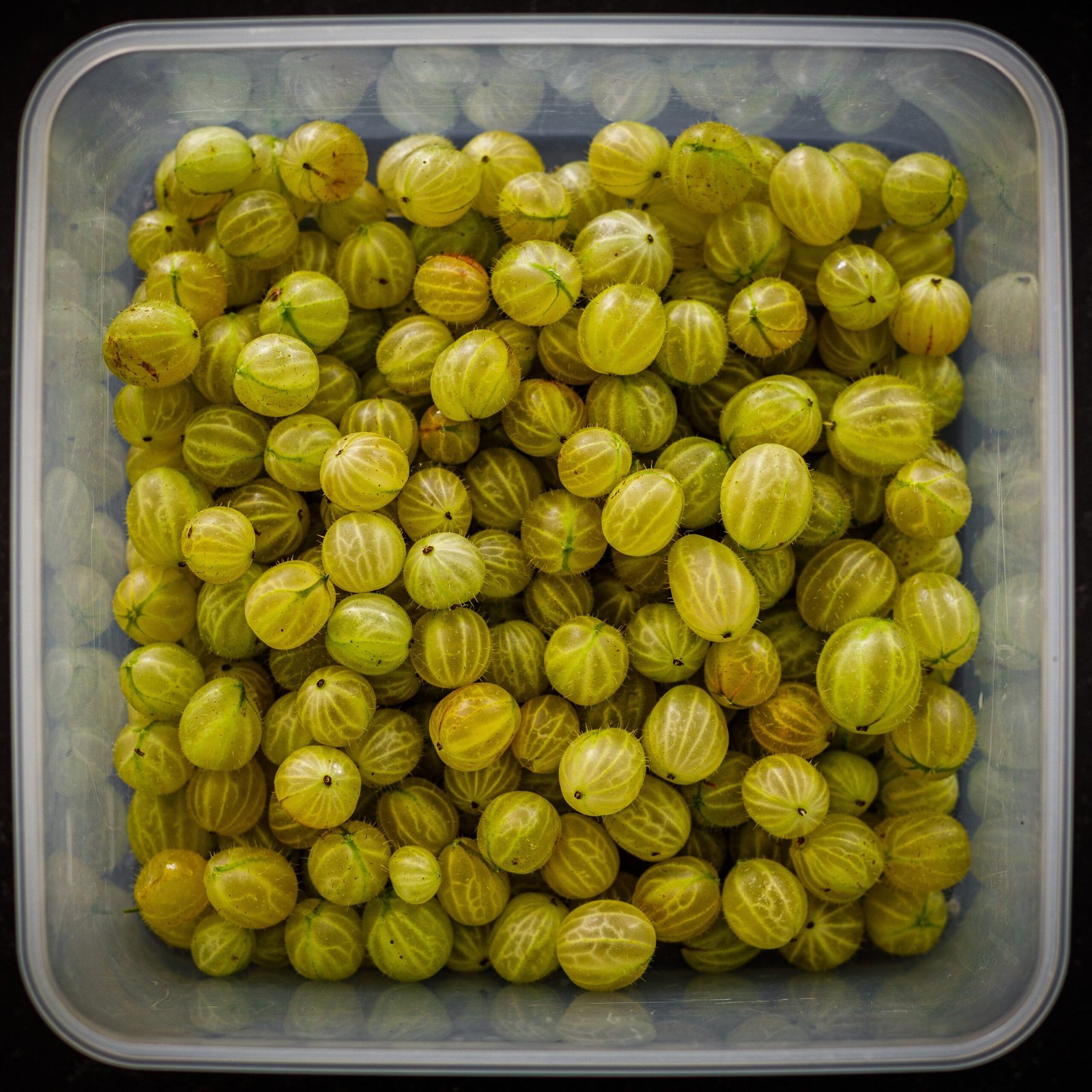We’re here to give you as much information; problems that may arise or how to be rid of these, and how to prevent them. Unfortunately, there is no set method to stop rose troubles from entering your garden completely (we wish there were). Still, learning to identify symptoms of problems as early on as you can hopefully help keep them under control and keep your roses looking beautiful.
Be sure to check out our pest and disease control article, which highlights the simple rules of using chemicals on your roses, and always read the label before applying!
How to reduce the risk of troubles in the garden
Buy good quality plants
It’s worth investing in good quality plants when choosing and buying your roses. When looking for a Rosebush, the stems should be green and unwrinkled. The wood should, when squeezed between fingers, not soft – well ripened.
There should be two stems or more, each no thinner than a pencil. When it comes to a climber, you should ensure there are also two stems or more and at least 30in long.
Prepare the ground
Before planting, prepare the ground thoroughly, as they will not appreciate poorly drained soil. As a result, it can make the rose bushes more susceptible to problems.
Check lime levels in the Soil
Roses will not appreciate too much lime in their soil as this will cause chlorosis. Try to avoid over-liming!
Plan before you plant!
We would always recommend planning before you plant. Overcrowding your roses and planting too close together can cause problems.
Make sure you check out our planting tips here, and also tips when it comes to pruning to produce an open-centred bush.
Regular housekeeping
Avoid leaving any rubbish or debris around. If you have picked off diseased leaves, rake these up and dispose of them, ensuring you pick off and destroy mildew shoot tips.
Keep an eye on your Roses!
Inspect your roses regularly; this ultimately means you can catch problems early by picking off any pests and using a fungicide to stop spreading.
Regular feeding
Feeding your roses properly, feed such as potash will help build your roses resistance against diseases and phosphates, promoting a healthy root system.
Why your roses may fail to survive
A few reasons why roses may fail to survive, a good quality rose bush planted correctly should grow and flourish – to read more about how to plant your roses correctly, click here. Below are some of the reasons why your rose bush may have failed;
- Loose planting it’s a good idea after planting in spring to tug at the stems gently – if the plant moves easily tread around the bush.
- Roses will not thrive in soil with too much lime; ensure that you have the correct soil before planting.
- You will also need to ensure that you don’t expose your roses to serve drought particularly if you have poor soil.
- You will not want dry soil when planting.
- In contrast to the point above if your site has poor drainage check the soil is not waterlogged around the roots.
- Ensure that you have not planted in a site exposed to strong wind rock.
- Underground pests chafer grubs and ants are examples of some pests that may cause failure to the growth of your roses.
- Fatal diseases such as rust cranker and honey fungus may cause failure to your roses’ growth.
- Use of fresh manure at planting time.
- Hybrid plants in sandy soils and Floribundas may fail due to hard pruning each year.
- Planting under trees can lead to death due to dry roots dense shade and toxic drips from the leaf canopy.
Let's go Shopping...
Products Coming Soon!




































